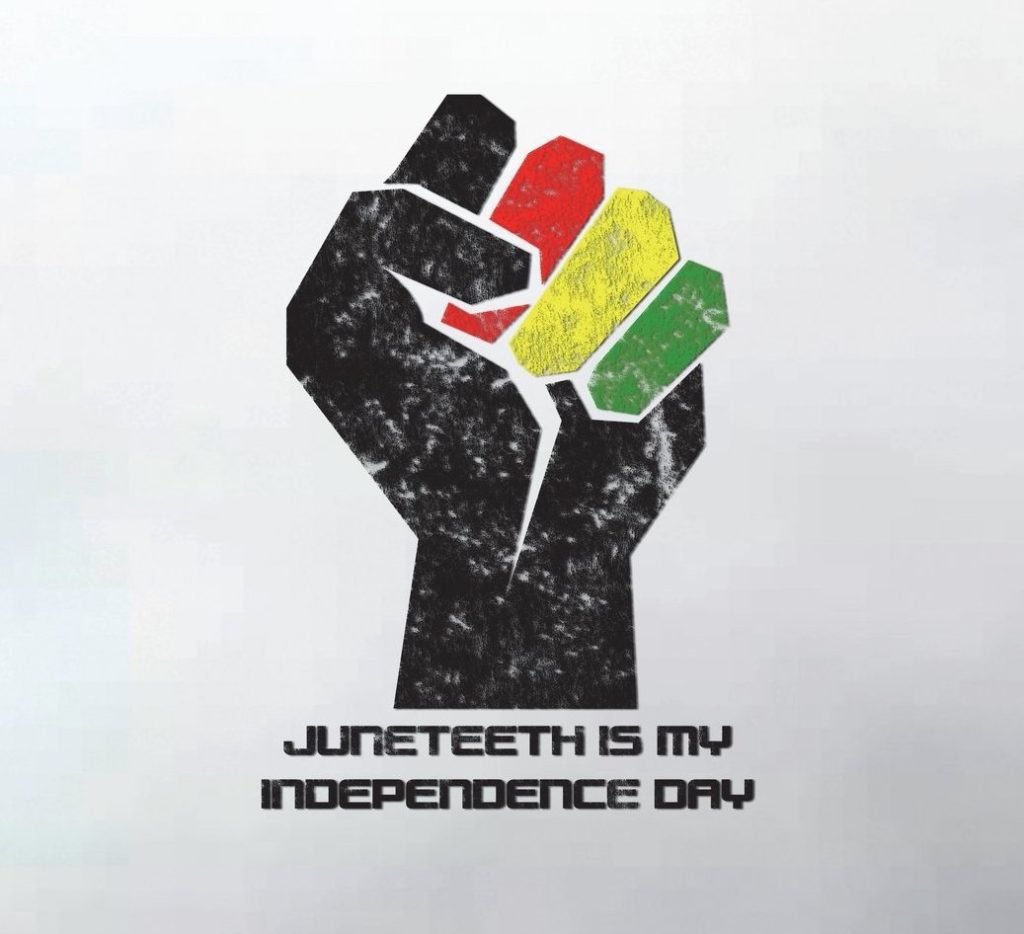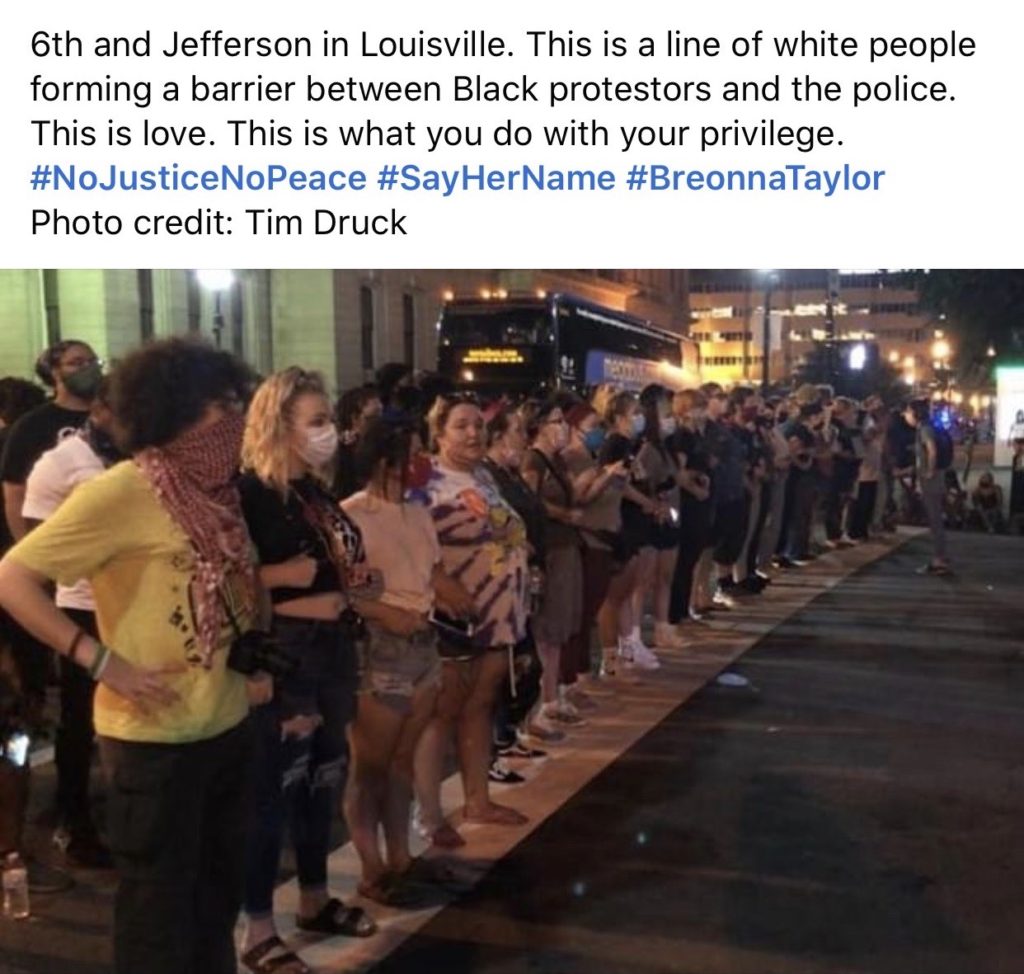
Last Friday morning I came into the pharmacy, and mentioned that I wanted to post about Juneteenth. I had been thinking how we, as Americans, need to assign value to holidays that are worthy and deserving of said value. I made a comment to my staff about how ridiculous it is that we honor something/someone like Columbus Day, and not Juneteenth.
I had a friend in college who wore a tee shirt that summed up my thoughts on the infamous navigator: Columbus Day – A Celebration of Genocide. Celebrating the end of slavery certainly feels more wholesome!
I thought back to a favorite passage written by the brilliant Kurt Vonnegut, in one of my favorite books ever, Breakfast of Champions [1]:
“Armistice Day has become Veterans’ Day. Armistice Day was sacred. Veterans’ Day is not.
So I will throw Veterans’ Day over my shoulder. Armistice Day I will keep. I don’t want to throw away any sacred things.”
-Kurt Vonnegut
“So I will throw Columbus Day over my shoulder. Juneteenth I will keep.”
-Me
I came home from the Rx, ruminating on how to make Juneteenth sacred. After ‘showering off the Covid’, I set up my laptop at the kitchen table to start writing. Wiley, my 8 year old son, asked me what I was working on.
I briefly explained Juneteenth to him, and he quickly responded, “Oh, so it’s the day Abraham Lincoln announced slavery was over…The Eman..saah…” Proud he’d gotten that far, I threw him a lifeline, and finished his sentence, “Emancipation Proclamation is what you’re thinking of bud, but that’s a different day…”
Unsure of the answer to his follow up question, before he even asked it, I stopped, and realized I’d need to do more homework for the post. I circled back to Wiley, and answered the still unasked question, “I’m not sure what the exact differences between Juneteenth and the Emancipation Proclamation are…” but I was intent on finding out soon.
History of Juneteenth
I quickly confirmed Juneteenth occurred in 1865, when a group Texas slaves learned they were finally, truly free from the horrible institution of slavery. However, oddly enough this event did not happen within days, or even weeks of the Emancipation Proclamation. Juneteenth occurred nearly 2 and 1/2 YEARS after Abe’s great speech!! What?? My mind was blown.
How was this not in any of my history classes? I first felt embarrassed, then shamefully stupid, and finally arrived at angry. Angry that the people in my hometown who argue that taking down Confederate statues is a futile attempt at “changing history.” Angry they were the same ones who left out this tidbit.
As I continued to read, I was equally relieved and alarmed, to conclude my rural hometown school system was not a hayseed outlier. Quite the opposite, it was more like the American educational norm! To put it bluntly, Juneteenth as a historical moment, was essentially erased from American classrooms[2][3].
In “From Juneteenth to the Tulsa massacre: What isn’t taught in classrooms has a profound impact”[2], Danielle Silva gives several specific examples of American schools ‘whitewashing’ the horrors of slavery:
- “A Connecticut fourth grade social studies textbook falsely claimed that slaves were treated just like “family.”
- “In Alabama, up until the 1970s, fourth graders learned ….that slave life on a plantation was “one of the happiest ways of life.”
- “In contrast, historians and educators point out, many children in the U.S. education system are not taught about major Black historical events, such as the Tulsa Race Massacre or Juneteenth, the June 19 commemoration of the end of slavery in the United States.”
Tulsa Race Massacre
American’s first exposure to events like the Tulsa Race Massacre, one of the most severe incidents of racial violence in U.S. history, should not come courtesy of a television superhero drama! Nonetheless, if you haven’t seen it, as the HBO series “Watchmen” opens, they do an amazing job depicting this murderous event, often referred to as The Massacre of Black Wall Street. While the show is fictitious, that harrowing scene is based entirely on real history, even the dialogue is based on primary accounts of the events.[4]
There are certainly many factors contributing to the country’s current state of ‘unrest.’ Properly correcting and teaching historical Black events to people, who are often unknowingly unaware (I was one of them), is a logical first step. Julian Hayter, a professor at the University of Richmond in Virginia explains[2]:
It has been very difficult to convince people that other versions of history are not only worth telling. They’re absolutely essential for us as a country to move closer to something that might reflect reconciliation but even more importantly, the truth.
White America cannot continue to erase history that doesn’t fit with its desired progressive narrative. To maintain this fake ‘progressiveness’ requires the deletion of these stories of violence against Black people. What has happened over my lifetime, while maybe not as extreme as the Tulsa case, is still ‘whitewashing’. Whether it’s Michael Brown, Eric Garner, or countless others, nothing is changing in their communities.
Historical ties to Black Lives Matter
Silva goes on to quote LaGarrett King, a professor at the University of Missouri, who emphasized that these movements are not new. King says[2]:
Black people have been saying this for the past 400 years, this is not a new movement,…Part of the problem is that society has never listened to that history.
King’s next statement, I found beyond compelling. He ties these education issues to the creation of the BLM movement:
In many ways we wouldn’t have a Black Lives Matter movement if Black lives mattered in the classroom
I’ve always detested the person quick to point fingers and complain loudly, but then goes silent when asked for solutions. For example, the offering of ‘thoughts and prayers’ after mass school shootings, did nothing but nauseate me. Pray away if you please, but stand up for new gun legislation!
What Can White People Do?

As a white person in America, I feel compelled to remind other white people to speak up for real CHANGE, not offer the apologetic equivalent of ‘thoughts and prayers.’
Question: I’m white, and not racist, but don’t know what to do.
Answer: DO SOMETHING! Here are some suggestions:
- Tell your kid’s school board, their teachers, and your teacher friends, we demand Black history be told truthfully.
- Write about these topics on social media! Read the 3 wonderful articles I reference below in their entirety. Their perspectives prompted me to rewrite almost my entire post…because I saw a path to change that made sense.
- By delaying the post over the weekend, I got to see this new story from NBC NEWS: “Senators propose bill to make Juneteenth a federal holiday” -> SUPPORT THAT BILL!
- Peaceful protests are a constitutional right. JOIN A LOCAL PROTEST! Stand with everyone who is rightfully outraged.
I’ll follow Daniella Silva’s lead, and close with some hopeful thoughts from Jesse Hagopian[2]:
When students learn that it was young people who were the leaders of the civil rights movement, they can then see themselves as potential actors to transform the world today.